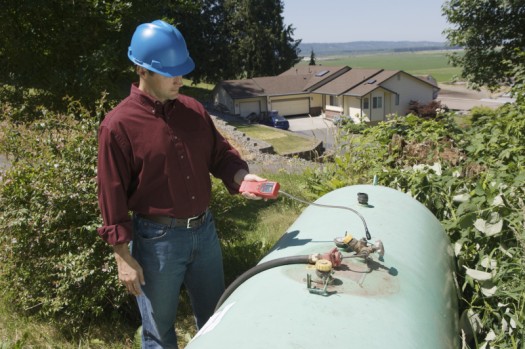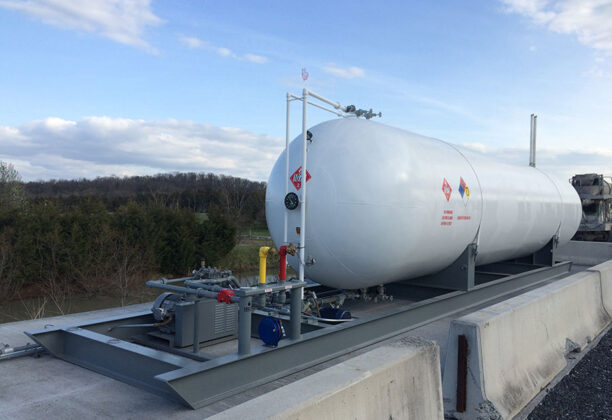The Importance of Regular Propane Tank Inspections
Propane tanks are a vital component of many homes and businesses, providing a reliable source of energy for heating, cooking, and more. However, like any piece of equipment, propane tanks require regular maintenance to ensure they operate safely and efficiently. One of the most critical aspects of propane tank maintenance is routine inspection. Why Do… Continue reading The Importance of Regular Propane Tank Inspections
Propane tanks are a vital component of many homes and businesses, providing a reliable source of energy for heating, cooking, and more. However, like any piece of equipment, propane tanks require regular maintenance to ensure they operate safely and efficiently. One of the most critical aspects of propane tank maintenance is routine inspection.
Why Do Propane Tank Inspections Matter?
Propane tank inspections are essential for several reasons. First and foremost, they help identify potential safety hazards. Over time, tanks can develop issues such as rust, corrosion, or leaks that could pose a danger if left unchecked. By inspecting tanks regularly, these problems can be caught early and addressed before they lead to accidents or costly repairs.
Inspections also ensure that your propane system is functioning correctly. A well-maintained tank will operate more efficiently, providing consistent performance and reducing the likelihood of unexpected breakdowns. This not only helps to avoid interruptions in service but can also lead to cost savings over time, as a properly maintained tank is less likely to require expensive repairs.
What Happens During an Inspection?
During a propane tank inspection, a qualified technician will conduct a thorough examination of the tank and its components. This typically includes checking for signs of wear and tear, such as rust or dents, and ensuring that all valves and fittings are secure and in good condition. The technician will also test for leaks, which can be a serious safety concern.
In addition to the physical inspection, the technician may also check the tank’s pressure levels and assess the overall condition of the propane system. If any issues are found, they can recommend the necessary repairs or maintenance to keep your system running smoothly.
How Often Should You Inspect Your Propane Tank?
The frequency of propane tank inspections can vary depending on several factors, including the size and age of the tank, as well as how often it is used. However, it’s generally recommended to have your propane tank inspected at least once a year. For tanks that are older or see heavy use, more frequent inspections may be necessary.
Regular inspections are especially important for tanks that are exposed to the elements, as they are more likely to develop issues such as rust or corrosion. By staying on top of maintenance, you can extend the life of your propane tank and ensure that it continues to operate safely and efficiently.
Protect Your Investment
Investing in regular propane tank inspections is a smart move for any homeowner or business. Not only do inspections help to protect your property and the people who rely on your propane system, but they also contribute to the long-term reliability and efficiency of your equipment. By making tank inspections a priority, you can enjoy peace of mind knowing that your propane system is in good working order and ready to meet your energy needs.


